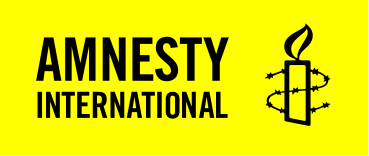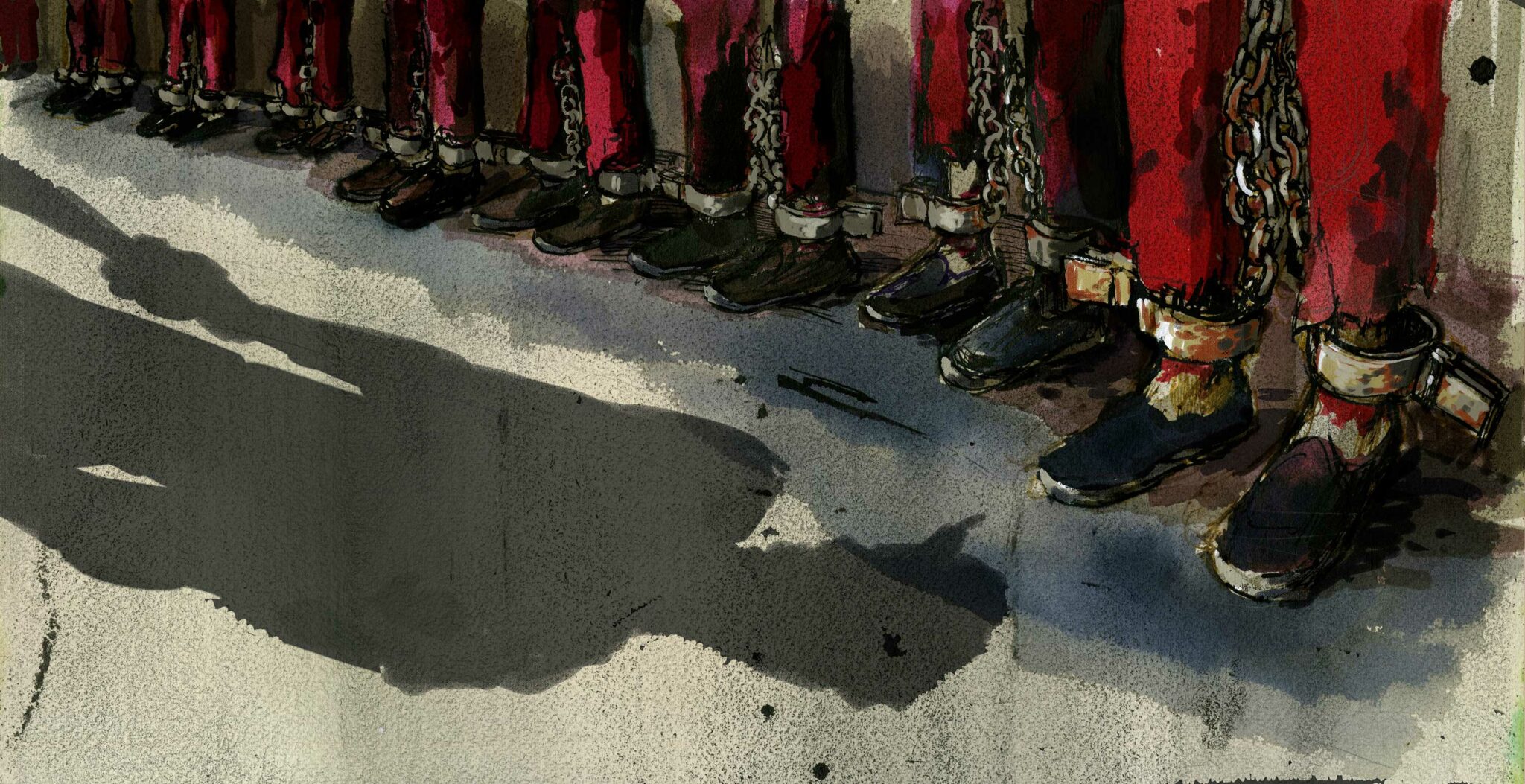Evidence of other crimes against humanity
Evidence from numerous sources suggests that other crimes against humanity may have been committed. Considering the extreme restrictions on accessing Xinjiang and the difficulties faced in documenting violations committed in the region, Amnesty International believes further independent international investigations into these allegations must also be prioritized.
These potential other crimes against humanity include enforced disappearances of persons. [[[Amnesty International considers that the prohibition of enforced disappearance is a peremptory norm of general international law (jus cogens). Every instance of secret detention, which places people outside the protection of the law, facilitating torture and other human rights violations and is itself prohibited under international law, amounts to an enforced disappearance. Detention without access to the outside world (incommunicado detention) equally facilitates torture and other ill-treatment and enforced disappearance and can itself amount to such practices. Enforced disappearance is absolutely prohibited as a crime under international law. When committed as part of a widespread or systematic attack against any civilian population, enforced disappearance constitutes a crime against humanity (Article 5 of the Convention on Enforced Disappearance); Under the Rome Statute enforced disappearances means “the arrest, detention or abduction of persons by, or with the authorization, support or acquiescence of, a State or a political organization, followed by a refusal to acknowledge that deprivation of freedom or to give information on the fate or whereabouts of those persons, with the intention of removing them from the protection of the law for a prolonged period of time.” Rome Statute, Article 7(1)(i) and 7(2)(i); For the elements of the crime against humanity of enforced disappearance of persons see International Criminal Court The Elements of Crimes, Article 7(1)(i) →; The Convention for the Protection of All Persons from Enforced Disappearances (CPED) defines this crime as “the arrest, detention, abduction or any other form of deprivation of liberty by agents of the State or by persons or groups of persons acting with the authorization, support or acquiescence of the State, followed by a refusal to acknowledge the deprivation of liberty or by concealment of the fate or whereabouts of the disappeared person, which place such a person outside the protection of the law.”; CPED, Article (2); Although China is not a party to the CPED, it is bound by the prohibition of committing enforced disappearance under customary international law and other human rights treaties of which it is party, such as the Convention against Torture.]]] Evidence Amnesty has collected shows that in the cases of nearly all the former detainees documented in this report, detainees’ family members were aware of their detention and were able to communicate with them during their detention, although this communication was often very infrequent and always monitored and controlled. In two cases, however, former detainees were detained for months or years apparently without their families having any information about the detained person’s fate.
There are, however, numerous suspected cases of enforced disappearance in Xinjiang. [[[Amnesty International, China: “Where are They?”—Time for Answers about Mass Detentions in the Xinjiang Uighur Autonomous Region,” 7 September 2018 →; Amnesty International, “Families of missing Uighurs terrified to search for their loved ones,” March 31, 2019 →; See also Xinjiang Victims Database for large numbers of cases of alleged enforced disappearances →]]] In 2021, Amnesty interviewed more that 50 people from Xinjiang who were now living abroad and whose family members were missing and believed to be detained. [[[The cases of many of the missing and detained people are available at: →]]] Journalists have also reported on people living abroad who are unable to obtain information about family members they suspect have been detained. [[[See Austin Ramzy, New York Times, “‘Show Me That My Father is Alive.’ China Faces Torrent of Online Pleas,” February 17, 2019 →]]] It is unknown whether the family members of these detainees who are still in Xinjiang have been informed about the whereabouts of these individuals.
It is part of the extensive cover-up by the authorities that the fate of many of the people thought to have been sent to the camps is unknown. The secretive and often undocumented way people are detained in internment camps in Xinjiang makes it nearly impossible for people outside of China to trace or confirm the whereabouts of any particular individual. Persons from Xinjiang who are now abroad often have no way to establish the whereabouts of their missing family members. [[[Amnesty International, “Nowhere Feels Safe: Uyghurs Tell of China-led Intimidation Campaign Abroad,” 21 February 2020 →]]] They never receive any official confirmation of this from the Chinese authorities. People who have tried to gather information from Chinese consulates abroad have been told to return to China to get information. [[[Amnesty International, “Hearts and Lives Broken: The Nightmare of Uyghur Families Separated by Repression,” 19 March 2021 →; See also section 6.4 “camp to labour”.]]] Overseas family members’ lack of information is also due, in large part, to the fact that people living in Xinjiang have essentially been forbidden to speak with their family or friends abroad, especially about anything related to the system of mass detention. (As documented in Chapters 2 and 3, mere communication with anyone abroad is grounds for being sent to an internment camp.)
Evidence gathered by journalists, scholars, and other investigators has further demonstrated that three other crimes against humanity may have been committed in Xinjiang: enslavement [[[“Enslavement” means the exercise of any or all of the powers attaching to the right of ownership over a person and includes the exercise of such power in the course of trafficking in persons, in particular women and children; for the elements of the crime against humanity of Enslavement see International Criminal Court The Elements of Crimes, Article 7(1)(c) →; See also section 6.4 “camp to labour”.]]]; deportation or forcible transfer of population [[[“Deportation or forcible transfer of population” means forced displacement of the persons concerned by expulsion or other coercive acts from the area in which they are lawfully present, without grounds permitted under international law; for the elements of the crime against humanity of deportation of forcible transfer of population see International Criminal Court The Elements of Crimes, Article 7(1)(d) →; See also text box on “Allegations of sexual violence and violations of reproductive rights”.]]]; and rape, sexual slavery, enforced prostitution, forced pregnancy, enforced sterilization, or other forms of sexual violence of comparable gravity.



